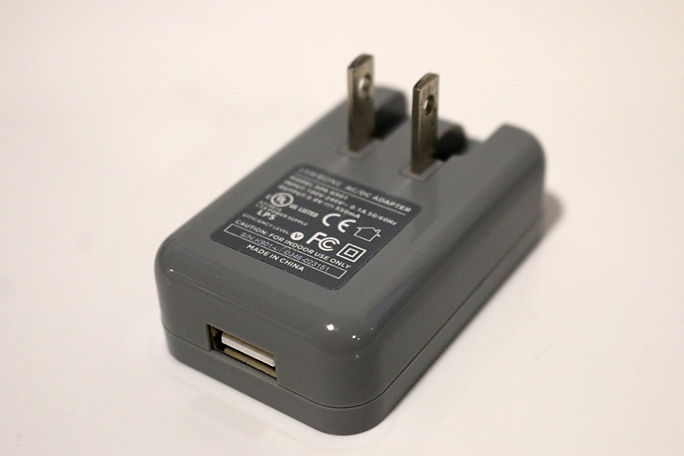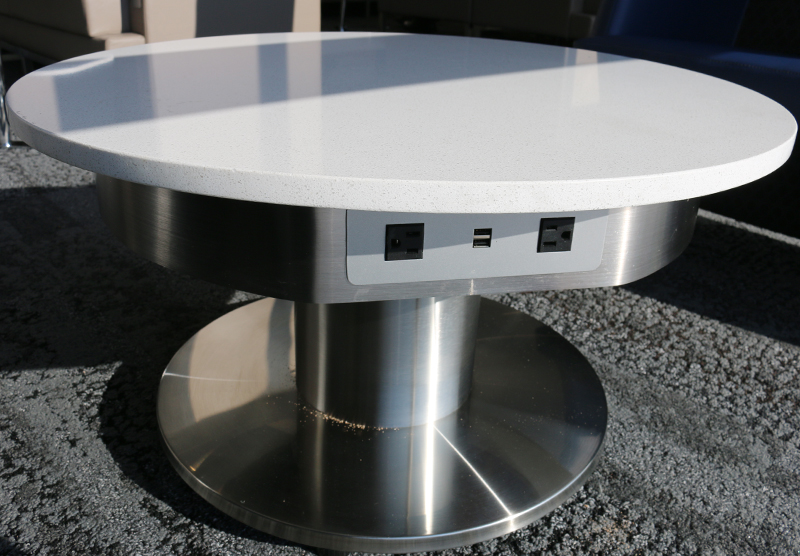“Avoid using free charging stations in airports, hotels or shopping centers. Bad actors have figured out ways to use public USB ports to introduce malware and monitoring software onto devices. Carry your own charger and USB cord and use an electrical outlet instead.”
Avoid Free Charging Stations, Warns Federal Bureau of Investigation
That warning was posted to the official Twitter account of the Denver office of the Federal Bureau of Investigation — or FBI — of the United States.
Avoid using free charging stations in airports, hotels or shopping centers. Bad actors have figured out ways to use public USB ports to introduce malware and monitoring software onto devices. Carry your own charger and USB cord and use an electrical outlet instead. pic.twitter.com/9T62SYen9T
— FBI Denver (@FBIDenver) April 6, 2023
When public places — such as at the gates and lounges of airports, aboard public conveyances such as buses and airplanes, and the lobbies of hotel and resort properties as five of many examples — started offering power charging stations equipped with Universal Serial Bus ports into which anyone may plug their portable electronic devices to recharge them when their batteries are running low on power, people found that to be a convenience which was sorely needed…
…but could this convenience now be a detriment?
Juice jacking is essentially the hijacking of power charging stations equipped with Universal Serial Bus — or USB — ports for criminals to perform the aforementioned actions.
Additionally, criminals have been known to leave cables plugged in at the charging stations; and fraudsters may even give you infected cables as a promotional gift.
Although both the office of the district attorney of Los Angeles County and the Federal Communications Commission of the United States both attempted to increase awareness pertaining to juice jacking greater than three years ago, some people were skeptical: “Come on Brian, you are usually pretty through but this time you missed the boat” is what Patrick — who is a reader of The Gate With Brian Cohen — commented back on Saturday, January 11, 2020. “There hasn’t been one documented case of some being ‘juice jacked’ to date. If there has, I’d like to see it. The office to the D.A. has even said there haven’t been any cases but that that’s it’s ‘possible’ it could happen. It’s all so much theory and conjecture. I’d be more worried about getting hit by lightening or being pick pocketed or catching a communal disease from a toilet seat than being juice jacked.”
What You Can Do

To prevent your portable electronic device from being compromised by nefarious individuals who can use your “information to access online accounts or sell it to other bad actors”, the Federal Communications Commission of the United States offers the following tips at its official Internet web site:
- Avoid using a USB charging station and use an AC power outlet instead.
- Bring AC, car chargers, and your own USB cables with you for your portable electronic devices when traveling.
- Consider purchasing a portable charger or external battery and carrying it with you for emergencies.
- Consider carrying a charging-only cable — which prevents data from sending or receiving while charging — from a trusted supplier.
Final Boarding Call
Perhaps Patrick may have a point. I have personally not heard about one single case of this happening over the past three years — although that certainly does not mean that it never happened. I do know that this has never happened to me.
Unfortunately, detecting a compromised charging station or Universal Serial Bus port is virtually impossible to do; so assume that someone had tampered with them if you need a portable electronic device — which contains vital information and software on them — to be recharged; and follow the aforementioned advice instead to be as careful as possible.
One additional thing you can do is carry an older portable device with no important information on it. For example — in addition to the mobile telephone which I purchased brand new a couple of years ago — I carry a portable electronic device which is almost 14 years old primarily for listening to music, as it still works well with the latest technology in rental cars, in hotel rooms, and aboard airplanes; and if anything happened to it, the worst that would occur is that I would have to listen to my music from my mobile telephone instead.
Are the advisories from the aforementioned government agencies actually much ado about nothing? Were you ever a victim of “juice jacking” — or do you know of someone who has experienced this phenomenon?
All photographs ©2015 and ©2016 by Brian Cohen.
